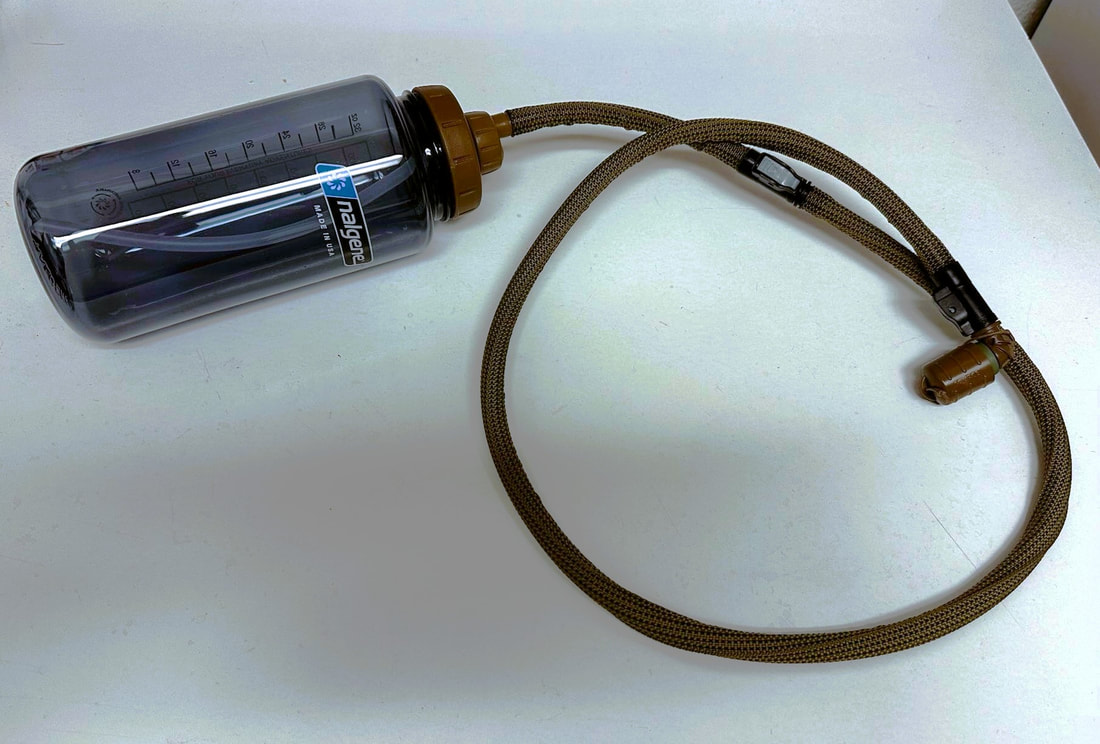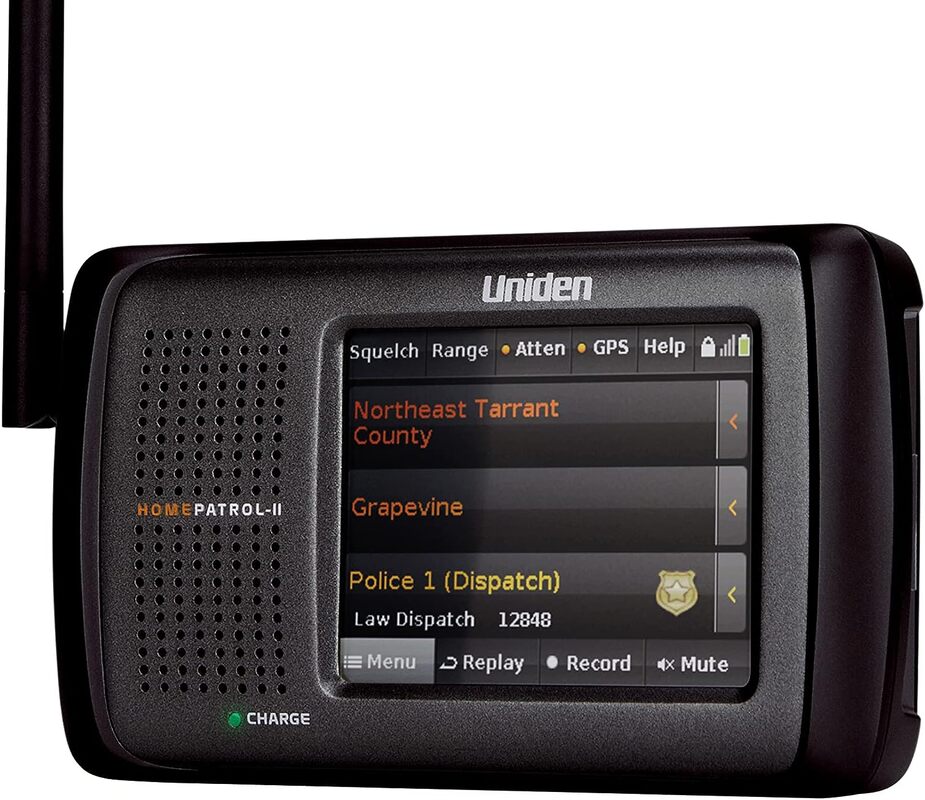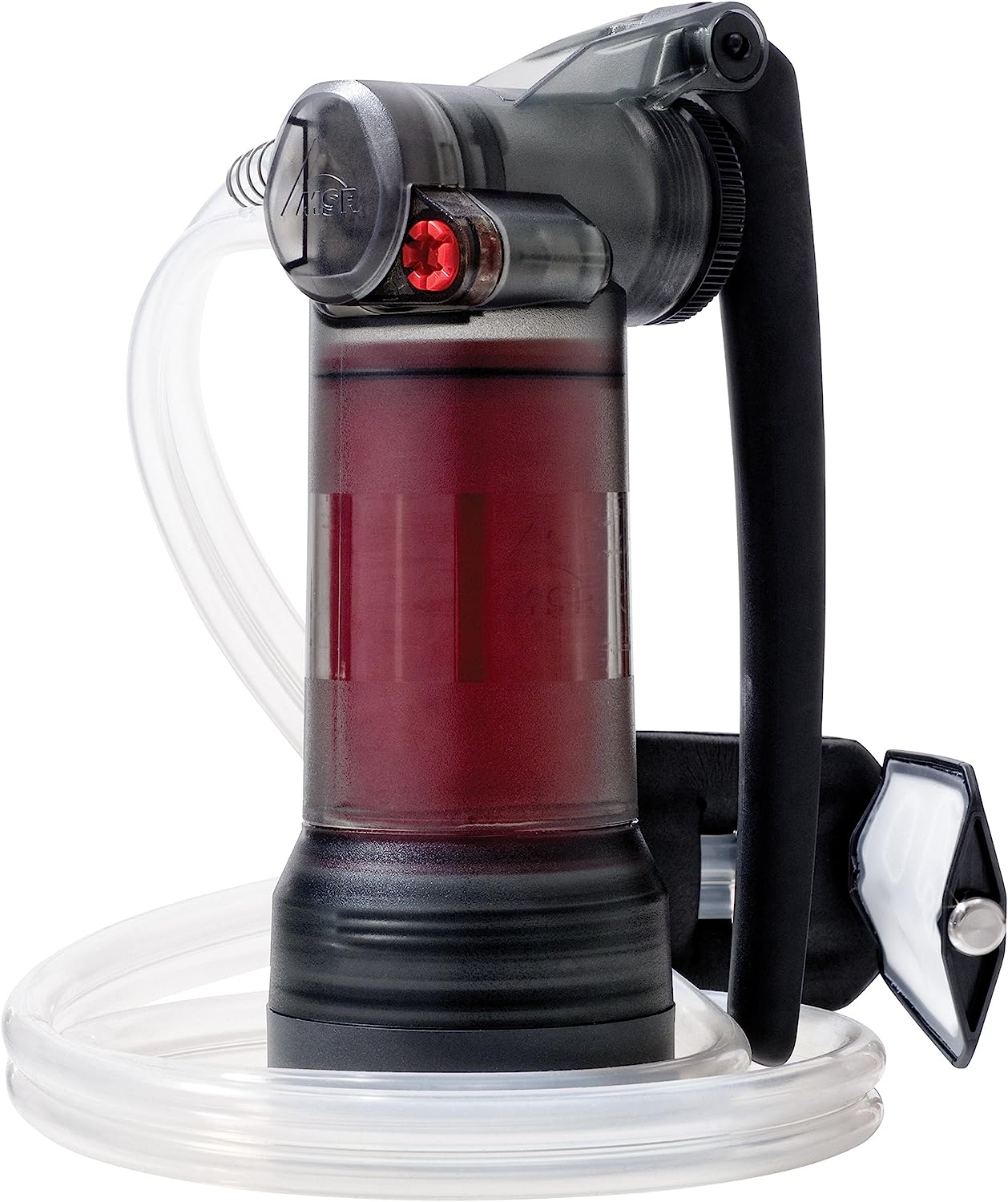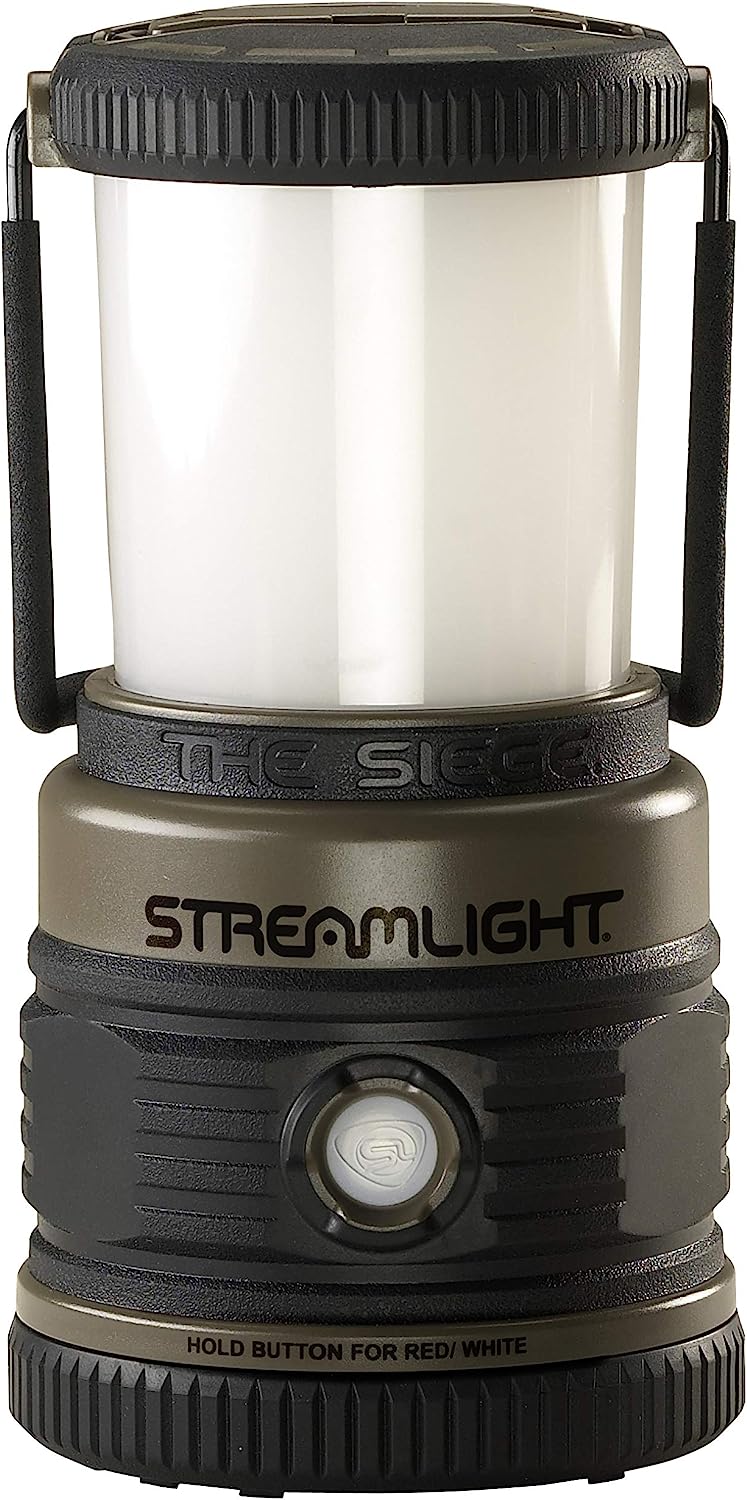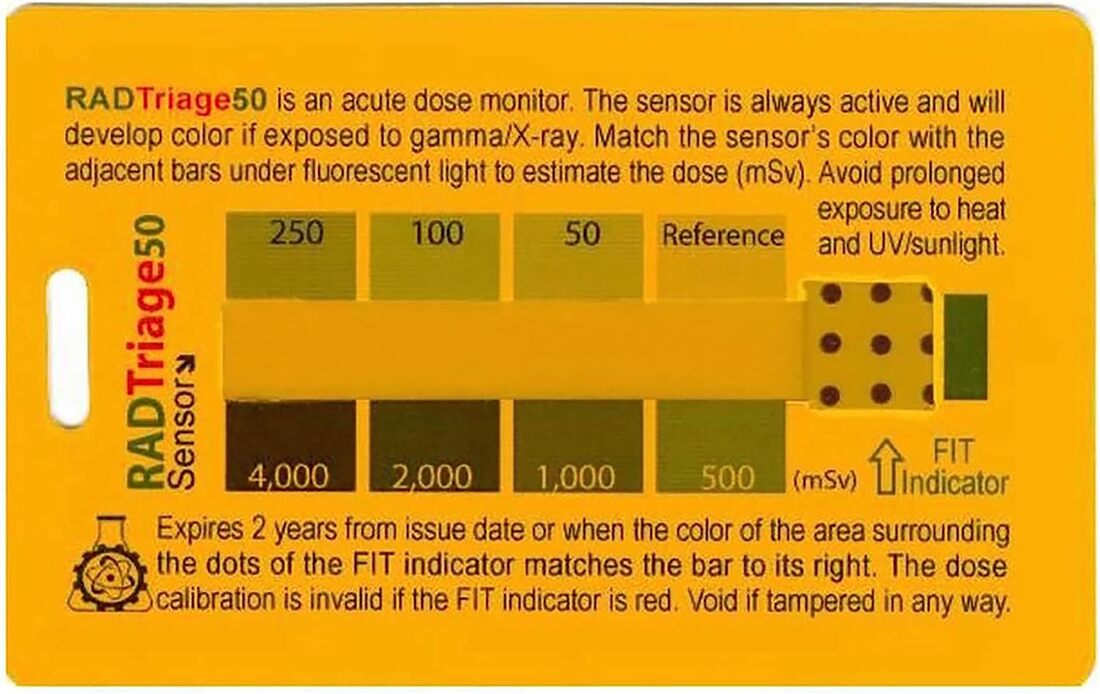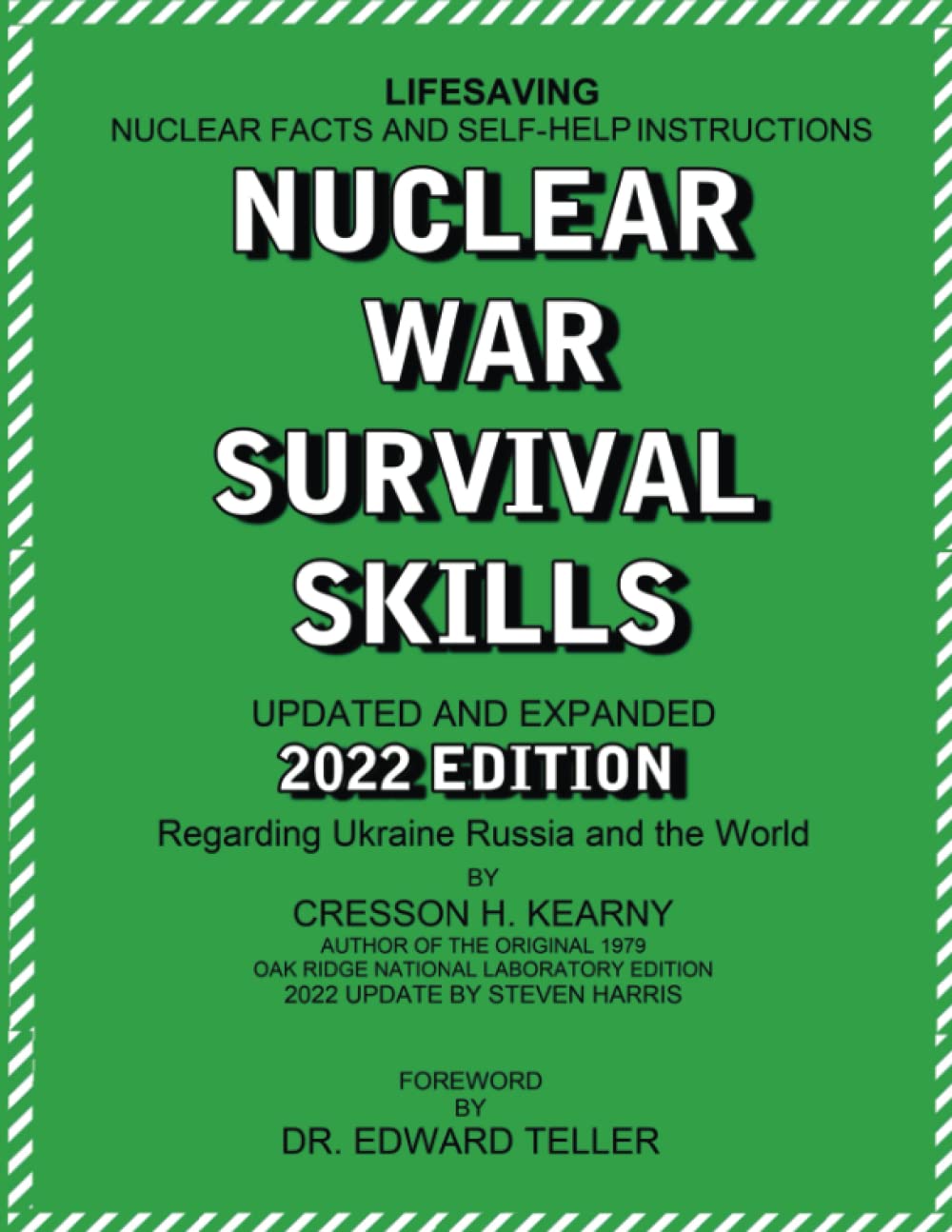|
A beautiful book review of Poor Man's Air Force, written even more better [sic] than the book itself, from Third Harmonic on Substack.
Problem: Buildings and terrain block drone telemetry and controller signals so a drone must maintain a radio line-of-sight to their pilot, which limits how they can be operated.
Small unmanned aerial systems (sUAS) such as consumer-grade drones using off-the-shelf technology are limited to line-of-sight (LOS) operations only. While range can be extended by the use of increased transmitter power, higher gain antennas, and use of frequencies better adapted to particularly urban environments, the laws of physics cannot be overcome. Drones cannot be operated behind terrain features or structures without a direct (radio) LOS to their operator. This inhibits the ability to operate sUAS at low-levels in narrow terrain or dense, urban settings. Without airborne control nodes or satellite control that major militaries have, civilian defenders in a domestic conflict, first-responders, or small-scale military users cannot exploit the full possibilities of sUAS capabilities as loss of communication occurs before range/endurance is exhausted. In an urban area, sUAS now have to be flown either no lower than rooftop height or the operator has to get “up” in order for his signal to clear buildings. A SWAT team drone pilot who wants to look into a window on the far side of a building can only see vertically down over the top of the building. He must shift his position, potentially into the line of fire, to the far side if he wants to communicate with the drone as it descends behind the back of the building. Alternatively, a better angle can be obtained by flying at a longer distance and looking obliquely, but this is a compromise. Changing positions constantly is potentially risky in a combat/hostile situation, delays the delivery of timely intelligence, is cumbersome, and can be exhausting. Accepting less-perfect solutions, such as a bad view into a hostage taker’s window, may compromise mission success. Solutions For sUAS, quadcopters and the like are maintained within LOS of the controller. Pilots needing a more distant radio horizon or for their signals to clear an obstruction need to transmit from a high elevation. Legalities aside, a repeater in a high location with a LOS to the desired operating area is technologically feasible. A small, lightweight, modular, end-user customizable remote-operable repeaters and mesh nets that can be quickly deployed to end “dark zones” for non-line-of-sight (NLOS) operation. Properly placed nodes in well-chosen points could create areas of radio reception beyond the LOS of the operator enabling flight in previously radio-blind areas. A tethered UAV could be flown with a node as an airborne repeater as well. These nodes should also be able to communicate together as a network so only one node (“master”) requires a direct LOS to the controller. As long as each node in the network can communicate with either another node or this “master” node, much of the network can be deployed NLOS to the controller. A small military unit expecting combat in an urban area could deploy nodes to strategic points to create areas of radio reception. Law enforcement could deploy notes around the perimeter of a building to enable the pilot to fly completely around a building at low-level from behind cover. Maneuverability would be greatly enhanced in an urban area where drones could be operated out of line-of-sight behind buildings or in narrow “urban canyons.” Militaries could operate from behind cover—i.e., behind a hill, over a ridgeline—and search and rescue units could descend into “blind” territory like canyons. Take for example a military unit assaulting an urban area. Prior to the attack, the unit sends out drones to deposit a master node on a tall building. From there, other nodes are deployed at lower level in strategic areas across the town out of sight of the UAS operator. A network now exists to where the drone can operate throughout the city below the skyline, behind buildings, and down to street level. The SWAT operator from the above example could fly from the safety of the command post and descend the drone directly in front of the window for a clear view in; something that currently would require the pilot to place himself in potential danger. Operational visibility could be enhanced beyond the usual “top down” view that a pilot, say looking into a backyard, only has if he is in front of a house. Search and rescue teams could send a drone out over varied terrain from their command post as well. High altitude or confined valleys and defiles could be searched more rapidly and safely than sending a high angle rescue team. An overwatch UAV at higher altitude, carrying a node as an airborne repeated, visually monitors the low altitude drone while remaining both within the LOS of the “blind” drone and the controller. “How do I either give back to my community through policing or how do I get valuable insight and intelligence on/through local law enforcement.” Easy, volunteer. Understanding how law enforcement agencies actually work can be complex. For an area study, essentially a collection of information to understand where you live, knowing how many cops work in your area is a good think to know. You may also want to know what kind of crime is a problem, if the cops are competent or tyrants, and what is being said on the radio. Much of this can be found out through public records; beat maps (patrol areas) can give you an idea of how the area is divided up per patrol car. Ten codes might be public information in your state. Arrest records might be made public or your newspaper may have a crime blotter. But without a solid foundation to understanding all of this, it is just a collection of indistinct information. You will need to talk to cops and actually see the inside material to understand much of these things intuitively. You can just ask, but understandably it might seem weird or awkward to do and rapport difficult to establish. The two lowest bars after public records searches (often online), are going on ride alongs and taking the citizen’s academy. And if you really want to know or give back, consider volunteering. First, the low bar is a ride along. Sign up and go. You can ask the officer about staffing, if MS13 is a big deal in your area, feel him out with end-of-the-world type questions, and probably even see things like schedules or beat maps to know what the tactical staffing picture looks like. Next up is the citizen’s academy which will teach you more about the department and is intended to field all sorts of questions, but more on that later. Note that you will learn that a lot of cops are normies. Not tyrants, not gangsters, just normies. The cop shop has guys just as lazy and incompetent as your place of employment. Plus, cops don’t all think like guys who shoot IDPA every weekend, are prior service, see a civil war looming, or think the apocalypse is happening. Police need trusted voices that can offer alternative perspectives like I and many of the other American Partisan authors do. Volunteering makes you one of those trusted voices. Civilian volunteers: usually either volunteer office staff or citizen patrol (aka VIPs—Volunteers in Policing or COPs—Citizens on Patrol). Not peace officers. Reserve officers: actual peace officers. Position may be partially paid or fully volunteer. Part-time officers: actual peace officers, scheduled and paid, but not a full-time job. Civilian volunteersVirtually every law enforcement agency of any size will have a citizen volunteer program. These often take two forms, usually either volunteer office staff or citizen patrol (aka VIPs—Volunteers in Policing or COPs—Citizens on Patrol). They are not peace officers. Often derisively known as the “geezer patrol,” these people provide a variety of duties in and outside the station. Volunteers are usually required to go through a citizen’s academy, which is a regular series of presentations put on by the department as a part of public relations. Anyone, whether they intend to volunteer or not, can usually participate and learn how their department works in detail. These usually include things like jail tours, ride alongs, SWAT demonstrations, and discussions about police tactics. It is also a useful insight into crime trends and a way to ask questions without seeming like a weirdo. Volunteering will give you inside access to your law enforcement agency. You will get to know command staff and the individual officers. You will have the chance to participate; even the decrepit old folks who answered phones at the station are appreciated. Most volunteers have actual or incidental access to restricted or even confidential information that will help paint your intelligence picture. To actually give back, field volunteering is great. We had two members in particular that ran our command post and came to nearly every major event, emergency or planned, in the city. Others were advisors for our Explorer program. The real meat of volunteering though is the Citizen Patrol. The Citizen Patrol concept dates back to around the 1970s—in fact one of the cities I worked, Camarillo, has the oldest organized patrol in the country. The original citizen patrol concept was volunteers driving around in their personal vehicles with door magnets and CB radios calling in suspicious activity to the deputies. In a world of cellphones, this is no longer needed, but the help of people who can direct traffic, block traffic, take reports, or even write parking tickets is a huge force multiplier. Duties vary by agency, of course. Not all volunteers are grandparents. So besides giving back through vacation checks, reporting writing, and visibility patrols, what does being on the Citizen Patrol get you? First off, awareness. Citizen Patrol members will likely attend the shift briefing, getting access to the latest crime information. They understand the patrol beats, the rhythm of crime, and how day-to-day policing is actually done. A volunteer who pays attention will get to know the names and places that are problematic, what is serious and what isn’t, and most importantly will learn to understand the radio traffic. I cannot overstress how useful volunteering can be. Want to peruse the disaster manual without getting into a public records fight? You can probably just sit down and read it and the worst thing that will happen is someone thinks you’re an overachieving volunteer. You’ll often have access either directly or though human engineering to all the stuff you want to know. If you’ve ever wanted to ask cops questions like “Would you confiscate guns?”, befriending them as a volunteer is a great way to nonchalantly shoot the breeze. The qualifications are minimal; have a clean background (if you have a CCW, you probably qualify), take the citizen’s academy, and actually participate. Since elderly people do it, the physical qualifications are nil. For more practical applications, your police/fire department may have a CERT/DART program. This is not a volunteer fire fighter position, but usually a disaster response network of people with first aid training and some technical rescue expertise. Our DART members were EMTs who have their own ambulance and often provide first aid at planned events (still waiting on “The Big One” to happen). ReservesReserve officers are volunteers as well, but volunteer peace officers. Unlike full-time officers, reservists generally do not draw a salary and do not work regularly scheduled shifts. Nor are they like volunteer fire fighters where they are paged to a call. Rather, most agencies have a minimum hourly requirement that is fulfilled by a patrol obligation. Exact details vary by state and agency. I’ll use California and my agency, Ventura County Sheriff, as an example. California has a three-tier reserve system in which duties, responsibilities, and powers are segregated by training and experience level. Training is required, usually through a specific reserve academy, but once certified Level 1 reserves have the same powers as a regular deputy. VCSO reserve deputies are Level 1. Not every agency is like this: NYPD auxiliaries are unarmed and have more arrest powers than a regular officer. Nye County, NV, Sheriff auxiliaries are like a citizen patrol on steroids that have light and siren equipped vehicles and are often the first responders on traffic collisions on remote desert highways. As state laws and agency policies vary, readers need to conduct individual research specific to their local area. In VCSO’s case, 16 hour requirement is met usually with a monthly reserve meeting (briefing and training) and 1-2 patrol shifts or staffing an event. Even though the state doesn’t require it, the deputies and must always work with a partner. Many reserve deputies work the minimal patrol shifts but often work special event security. Paid details are occasionally available, such as ballot transportation on Election Day. In my experience, reserve deputies are viewed as a mixed bag. All are technically competent and many have had surprising resumes, from defense contractors and trainers to average joes. Some work the minimum hours and special details only while others will take any patrol shift they have free time for. At one station, I worked with a wealthy finance guy and a contractor who were honorary patrol deputies, in that the regular guys accepted them as part of the shift. Reserves may not have the best opinion among regular officers because of the different training requirements and experience levels. Reserve officers don’t suffer the same hardships of shiftwork, don’t have the same level of experience that policing day after day will give you, and in some cases, the individuals themselves may not be proficient enough to gain respect. While we accepted our reservists warmly, some did have the reputation of not being particularly helpful on patrol. They just didn’t have the same instinct and drive as a regular deputy. That being said, the level of dedication and competence a reserve displays is up to the officer; I worked with some great ones. I haven’t heard of a place where reserves can be mobilized like the National Guard. If you fail to meet your minimum service requirements or don’t respond during a major disaster, if that is required of you, you may be dismissed for being a useless volunteer. Again, though it’s possible to have places where reservists sit around listening to the scanner, you aren’t going to be like a volunteer fire fighter who waits around for an “active shooter” call to jump in your car, throw up your blue light, and don your tactical vest over your jeans. Probably no take-home cars either. Some very small and infrequent jurisdictions may have just sort of a thing, but these are also the kind of places that have two-man police departments that end up on the news for turning the hamlet of Tweakers Corner into a speed trap. Some reserve officers are specialists. Again, this will vary by agency but it is possible to be a retired cop appointed as a reservists. This could fill certain detective, technician, or trainer spots. We had a few reserves who volunteered their time in such roles in addition to meeting their regular requirements. Your skills as a radio tech or a firearms instructor may be valuable to your sheriff or chief. Paid positionsOne option is to become a cop yourself. Some agencies have part-time officer positions where you are paid and scheduled to work as a regular office, just on a part-time basis. Many areas utilize these positions to increase their staffing and plenty of full-time officers used these jobs as a stepping stone to a regular position. For those in non-insane states, I would highly recommend that a younger guy without any special skills or interests consider full-time employment for a time. You could treat it like being in the military (except you can quit whenever you’d like) and leave after 4-10 years or stay for your pension at 20-30. I have known lots of guys who did this and went on to other lucrative careers like IT, contracting, or private security. You will have given back to your community, learned a lot about where you live and the nature of crime, plus made valuable contacts all while getting incredible training opportunities. I would caution you that whether reservists or part-time, the job has to be taken seriously. It’s not a way to just get a badge and a sweet HR 218 (LEOSA) CCW permit. Real cops will see through you if you half-ass the job, so dedicated people only need apply. You don’t want to be the reservist who everyone grumbles about behind his back. If you live in a play-to-pay jurisdiction where you can donate your way to credentials, well, I’d move. Corruption doesn’t breed a successful, free society post-SHTF. Finally, it has to be understood that today’s environment is hostile to policing, from the public’s attitude to federal and local prosecutorial behavior. If you are fortunate to live in a sane state without leftist prosecutors, you are probably at no more risk than cops were at before all the “war on police” shenanigans. Yet do not take the job lightly; your life is at risk, you may take a life, and mistakes or unfortunate events may land you behind bars. ConclusionSo why should you volunteer besides building your intelligence picture or because you have a burning desire to help your fellow man? Primarily because knowing cops and even your sheriff/chief face-to-face helps build rapport and community support. Being a volunteer makes you a known quantity to the local constabulary and will give you advantages in tough times. Information is key, but so are relationships. You want cops to talk to you, maybe give you a “heads up,” or know that you can be waved through the roadblock because you won’t drown if the creek is flooded.
One of the major fears that a lot in this community have is coming across negatively on the police radar or becoming a victim of them. Whether your cops are the type to help the neighborhood ride out the apocalypse or just be another gang, you want to be counted as one of them. Be the person that gets a free pass since you stood out in the cold for them at a roadblock or because they’ve seen you every Tuesday night between six and midnight. You want to be friends with the people who can seize power and possibly have machine guns, so why not spend a few hours a week helping out if all you’re doing is learning names and faces. Getting involved is how you build a community. Yes, sometimes you might have to do real work and for free but think of it as forging relationships and gaining knowledge, rather than earning pay. If you really want to know the inside baseball and ask all the questions that would instantly have you marked down as the local “survivalist” weirdo, try exploring the volunteering options. About the author: Don Shift is a veteran of the Ventura County Sheriff's Office and author of the Suburban Defense/Rural Home Defense series, a cop's guides to surviving riots, civil war, or SHTF. |
Author Don ShiftDon Shift is a veteran of the Ventura County Sheriff's Office and avid fan of post-apocalyptic literature and film who has pushed a black and white for a mile or two. He is a student of disasters, history, and current events. Archives
May 2024
Categories
All
As an Amazon Associate I earn from qualifying purchases.
|
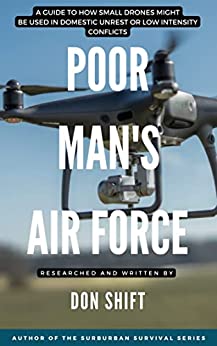
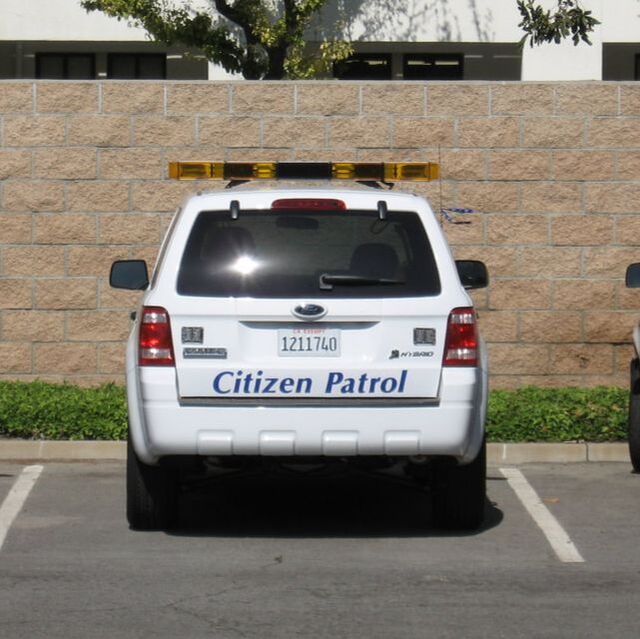
 RSS Feed
RSS Feed
